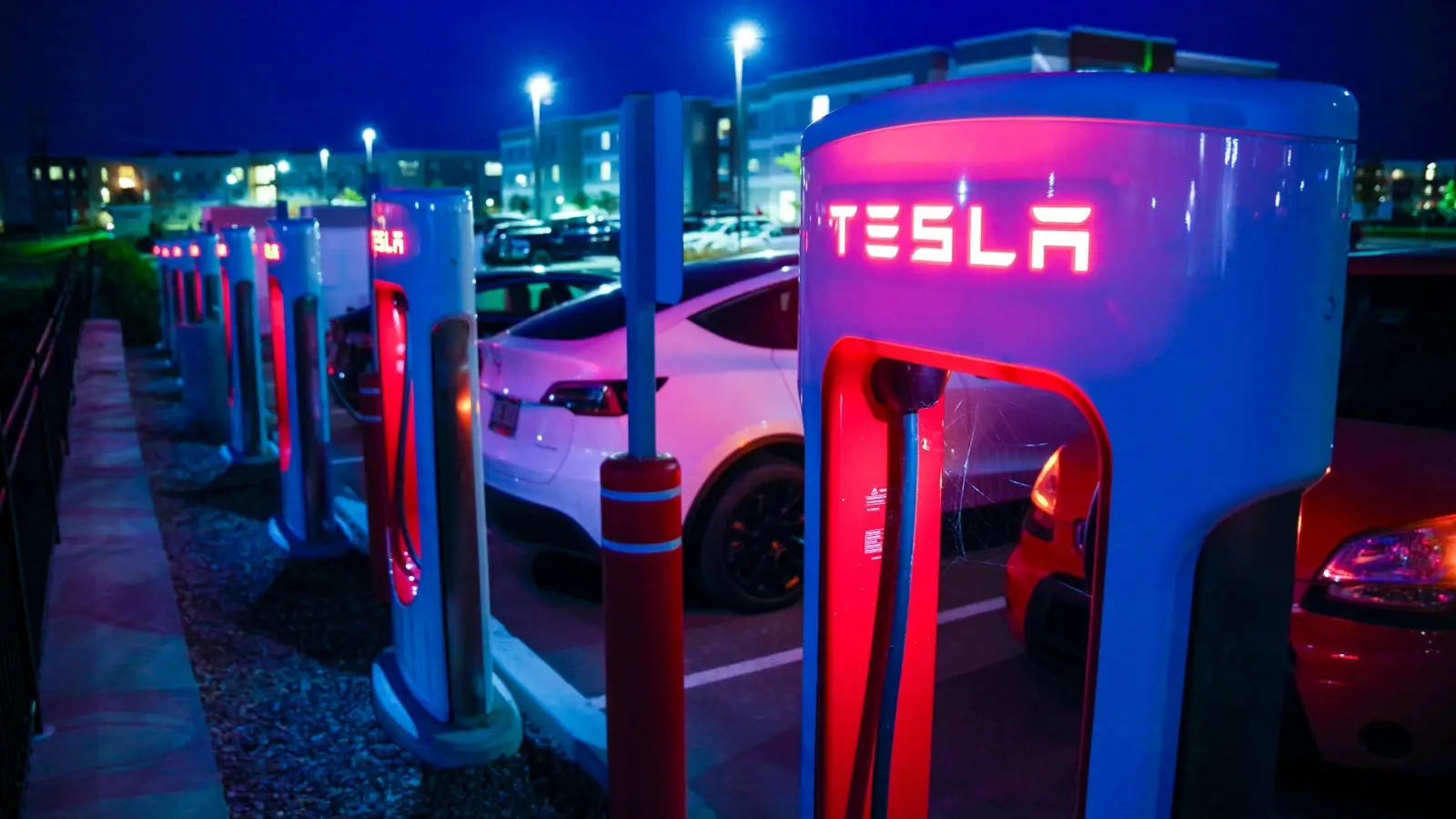


The influence of Artificial Intelligence (AI) has had an effect in the way we live, work and play these days. But when was artificial intelligence invented, and how did this concept originate and advance into what is referred to as today’s technology? With this in mind, let us jump back into the timeline in order to answer the question and highlight significant milestones in the development of artificial intelligence.
The term artificial intelligence formally came into paper in the mid-twentieth century but the need to see and create machines that behave or think comes centuries before. Philosophers such as Aristotle have argued about the features of logic, and reasoning which are important to the current ideas of AI. But even that would be useless without the advent of the programmable computer which was invented in the 1940’s. When was artificial intelligence invented? Though itself is built on theoretical foundations.
If we ask when was artificial intelligence invented in the formal context then when did modern artificial intelligence come into being? This is because most historians in artificial intelligence manage to set a particular date: the Dartmouth Conference – summer of people who organized it – John McCarthy, Marvin Minsky, Nathaniel Rochester, Claude Shannon. It was here that the term artificial intelligence was first used, hence the date as the beginning of the field of AI is regarded as such. There was a sense that machines could be constructed to mimic human intellect, laying the groundwork for years of research.
Researchers started creating artificial intelligence algorithms not long after the concept was first proposed in 1956. The Logic Theorist, developed by Allen Newell and Herbert A. Simon, was among the first. This program, which was able to demonstrate mathematical theorems, is frequently regarded as the earliest example of AI software in operation. Thus, artificial intelligence started to show signs of its ability to handle difficult issues only a few years after it was created.
The 1950s and 1960s artificial intelligence boom was quickly followed by a period of skepticism known as the "AI winter." Artificial intelligence (AI) faced enormous technical obstacles despite early successes, and funding for AI research dried up. Many began to doubt if the promises made when artificial intelligence was conceived could ever be realized during this downturn, which persisted into the 1970s and 1980s.
Artificial intelligence saw a renaissance in the 1990s and 2000s due to developments in computer power, the accessibility of massive data sets, and novel techniques. The present AI revolution was built on AI technologies including natural language processing, machine learning, and neural networks. Artificial intelligence is becoming a vital aspect of our daily lives, from self-driving cars to virtual assistants. Since the invention of artificial intelligence in 1956, a lot has changed in the world.
So when was the creation of artificial intelligence made? Although artificial intelligence was first formally developed in 1956, its roots are deeply ingrained in both early computer technology and ancient philosophy. AI is still developing today, and there is no denying its influence on a variety of sectors, including banking and healthcare. Not only is it important to ask when artificial intelligence was created, but also how it will impact the globe in the years to come.
In conclusion, knowing the origins of artificial intelligence helps put the quick advancements we see today into perspective. Since its inception at the Dartmouth Conference till now, when it comes to cutting-edge technology, artificial intelligence (AI) has been a transformational force.